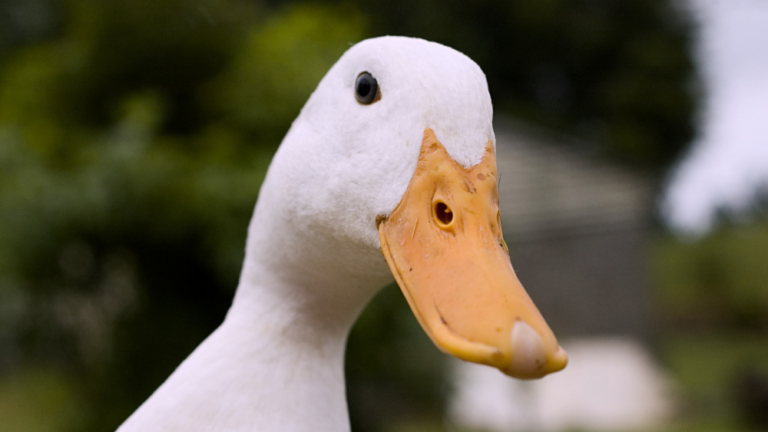
Category Farm animals

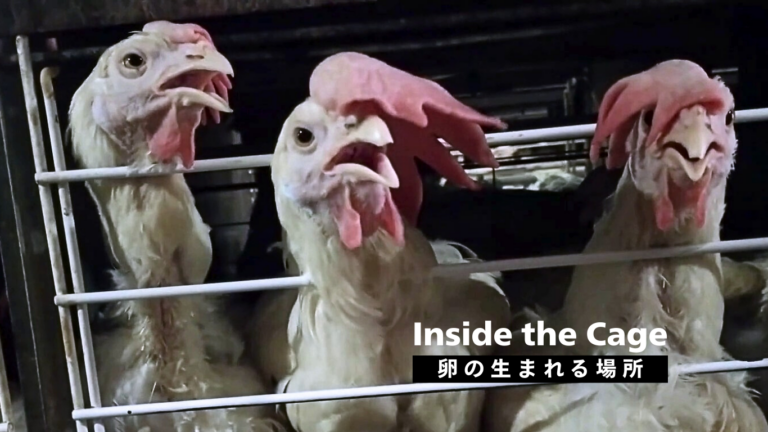
Inside the Cage Where the Egg is Born: Domestic Poultry Farm Documentation Begins
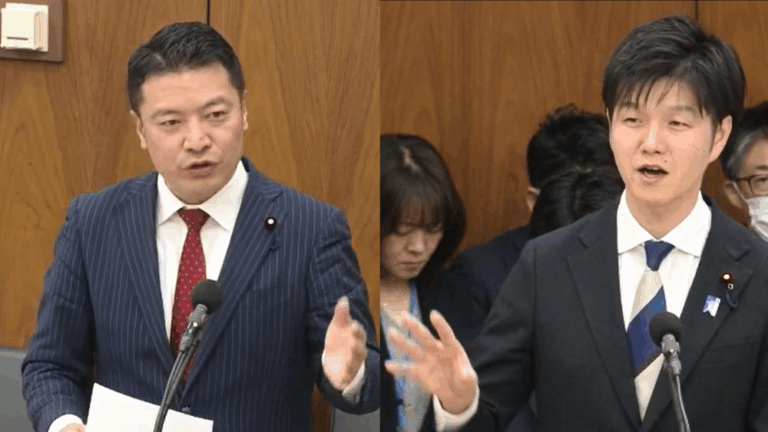
Slaughtering without stun treatment, finally improving?
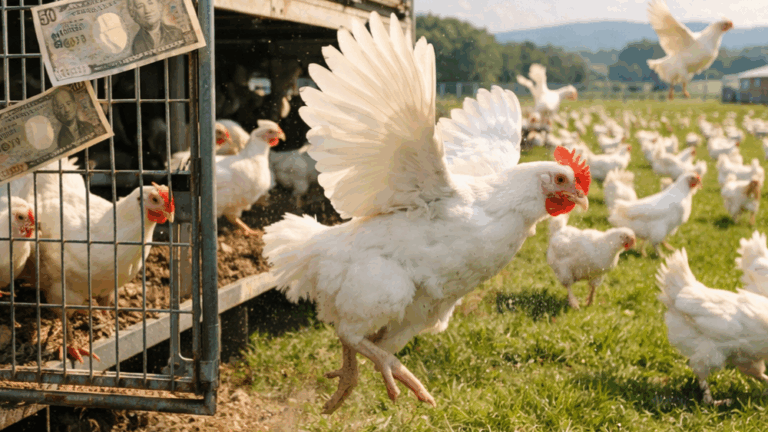
Profitability improvement requirements removed! Subsidies for sustainable livestock production strengthened!
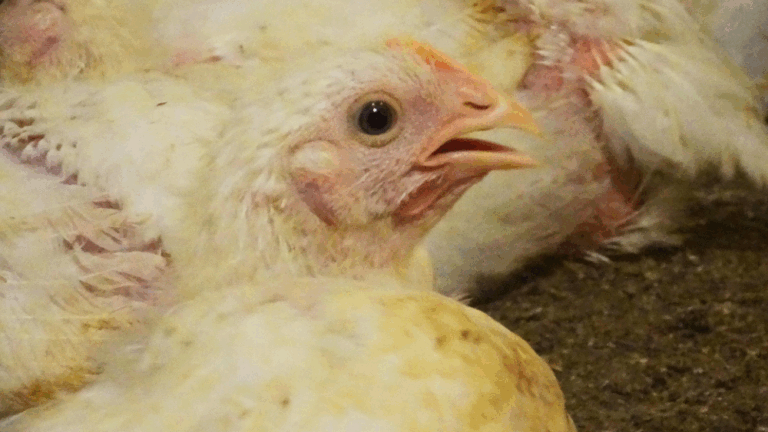
CAS of chickens: subsidies began to be provided to Animal Welfare!
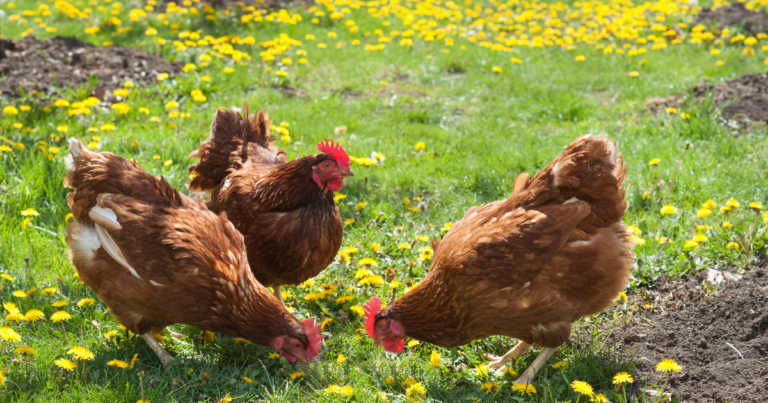
A Step Forward by Bourbon, a 100-Year-Old Company: Seriousness about Cage-Free, Tested in the Global Trend

Cage-free feather count survey: only 1.48%, the lowest in the world
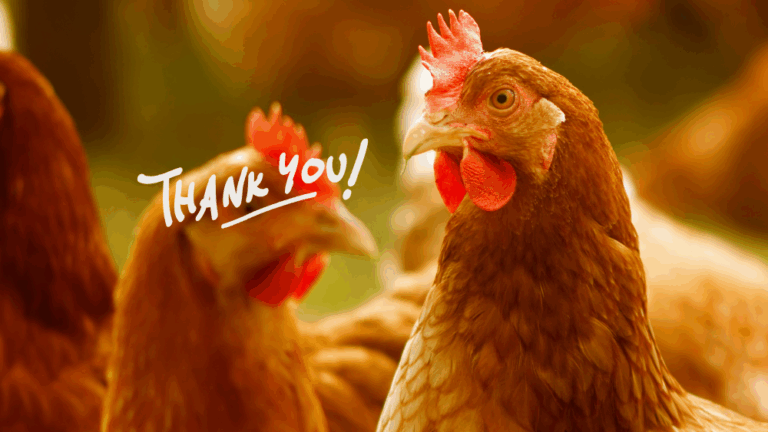
Sturzen Announces Effort to Make Eggs Cage-Free from Meat Industry
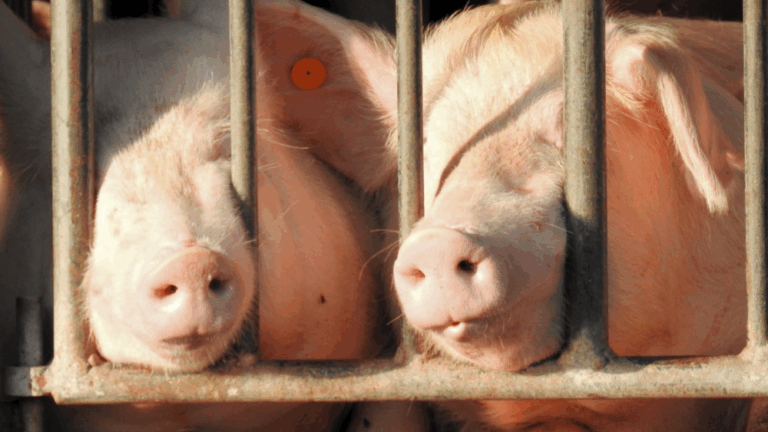
No water to drink even at a temperature of 35 degrees Celsius…domestic slaughterhouses demand immediate action.
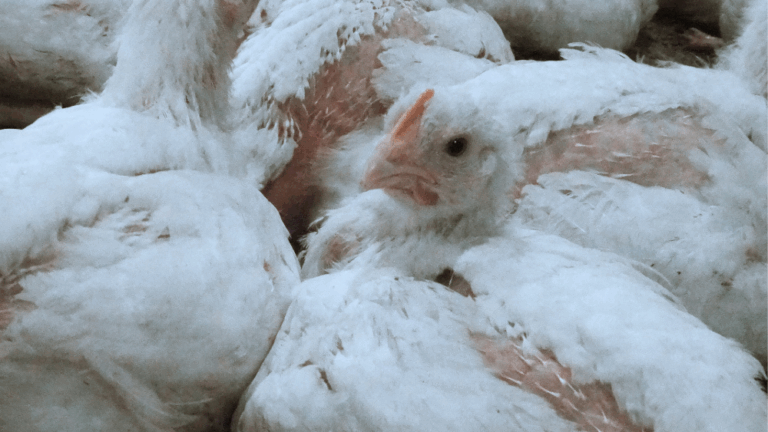
Abnormal values! 86% of chicken meat contaminated with salmonella

Councilor Kenko Matsuki pointed out the loss of prior awareness of chicken slaughter, and the Ministry of the Environment’s response was limp!
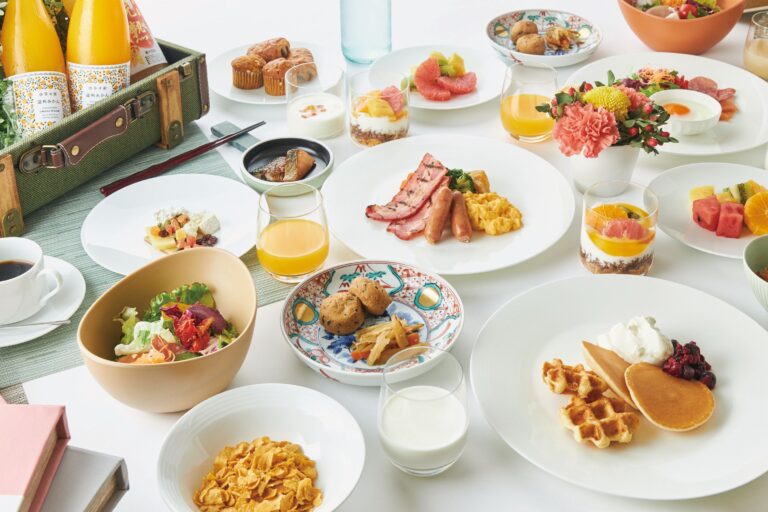
Readable Shiba Park Hotel Highly sensitive cage-free initiative
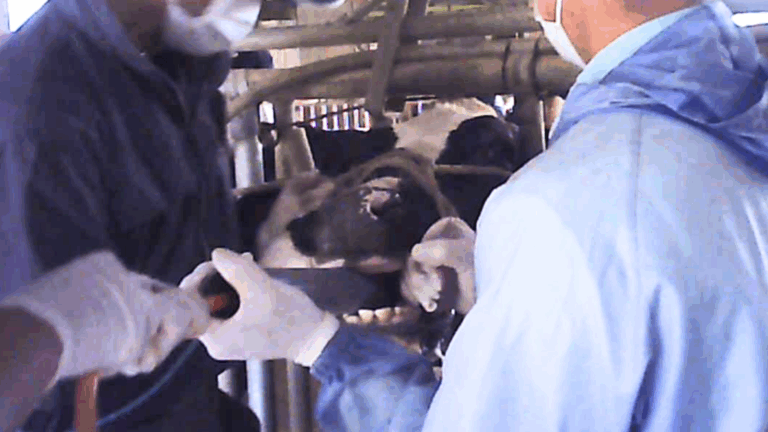
Report on the results of the Prosecutor’s Office’s decision on the abuse accusation against the Ibaraki Prefectural Livestock Breeding Center.

Animal Welfare is also necessary for food safety: Rep. Yuko Kitano and Minister of the Environment Asao

Assistance for Cage-Free, Discussion Begins: Councilor Katsuhiko Yamada and Minister Taku Eto
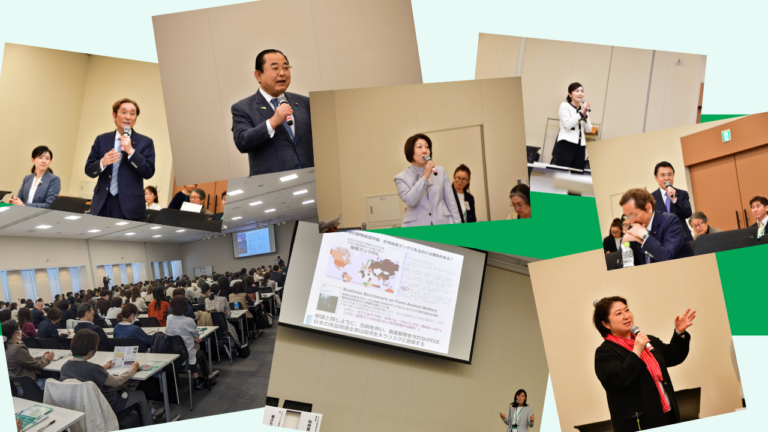
Report on the In-Hospital Meeting for Livestock and Laboratory Animals
Regulations on chicken slaughter: a comparison of countries
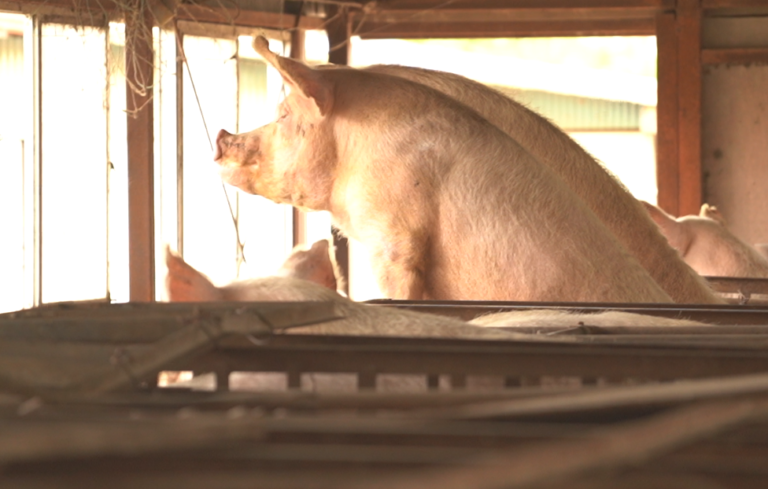
Stall-free sows began as a tag-team between producers and retailers
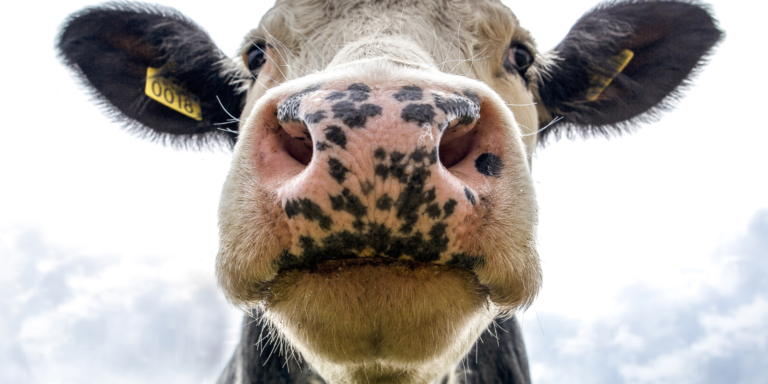
Good news! Starbucks waives price of soy milk option
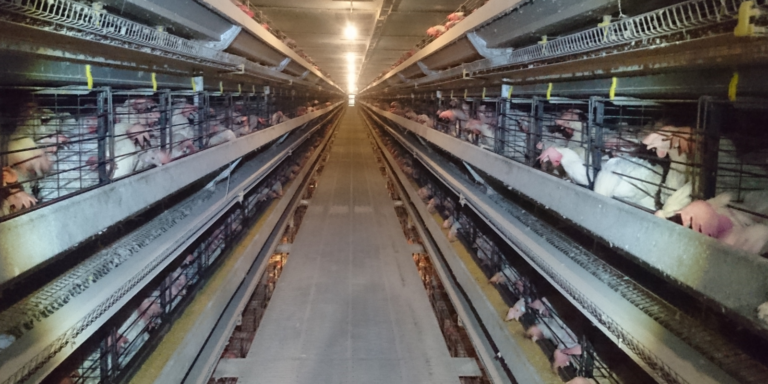
Free-Range Certification Introduced for Osaka Expo for the First Time
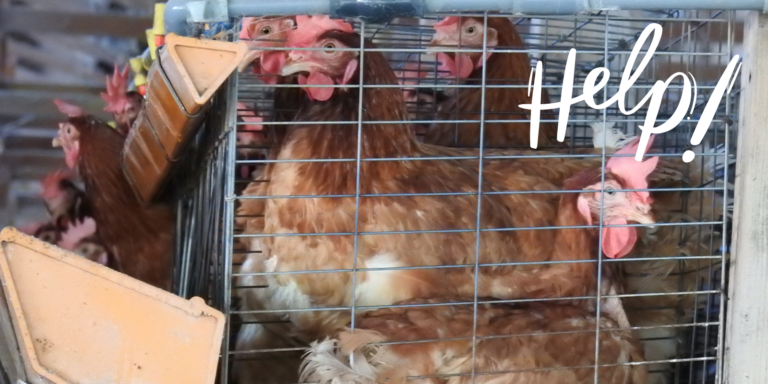
Request for Government Subsidies to Reduce the Suffering of Livestock in Japan – Support the Petition! –
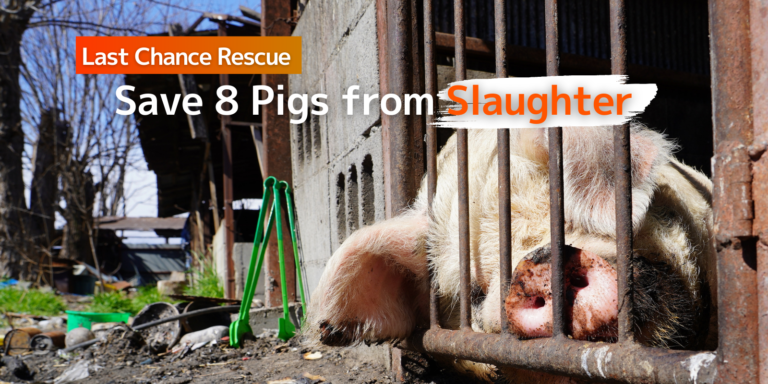
Last Chance Rescue: Saving 8 Pigs from Slaughter
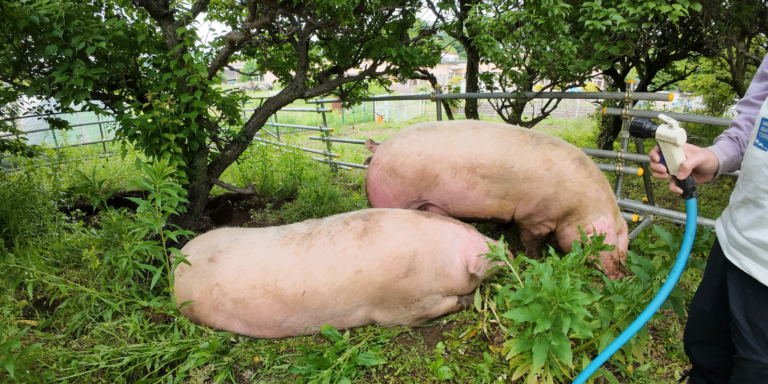
Urgent Report: The Rescued Pigs’ Journey and the Price They Paid
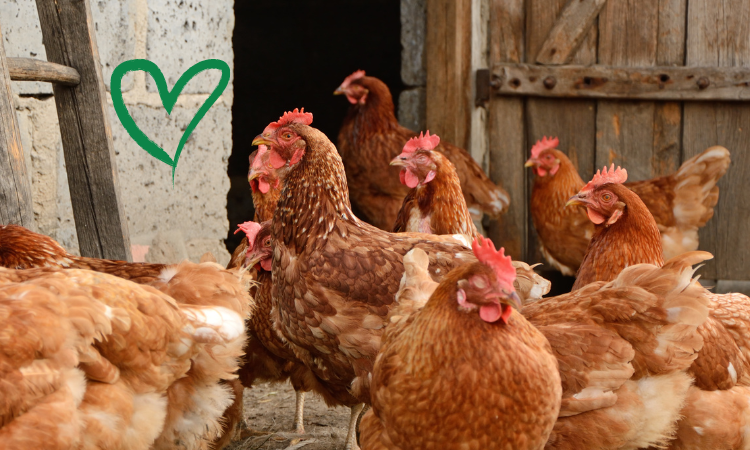
Baking with Care: MIHOPAN’s Pledge to Use Only Cage-Free Eggs
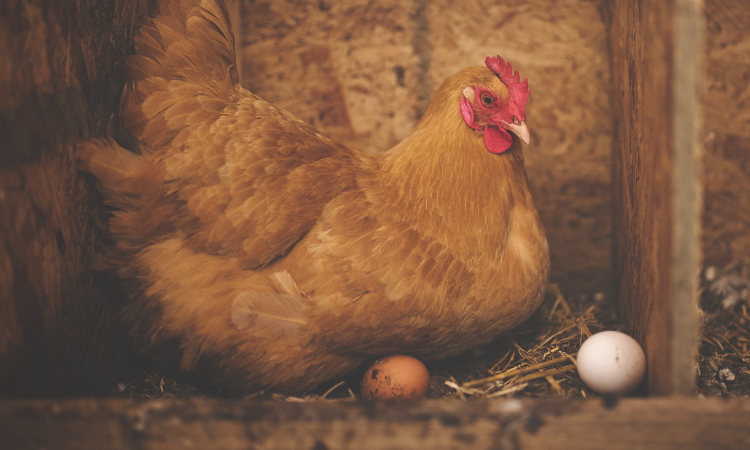
From Farm to Table: More Soup and Mendoriya Support Cage-Free Eggs
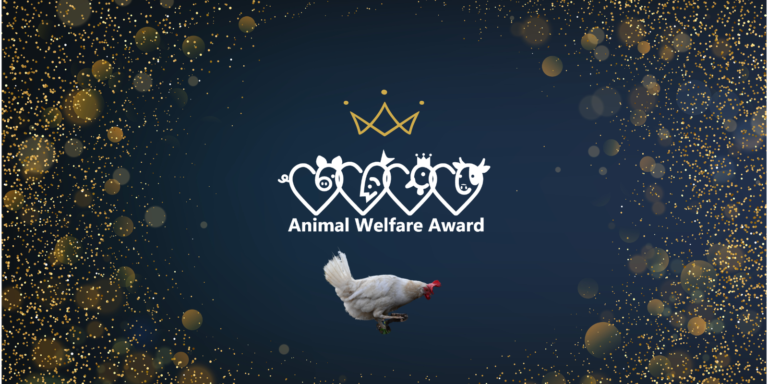
Animal Welfare Award 2024: Recognizing Ajinomoto’s Efforts to Date

Last Chance Rescue: Save 8 pigs from slaughter


